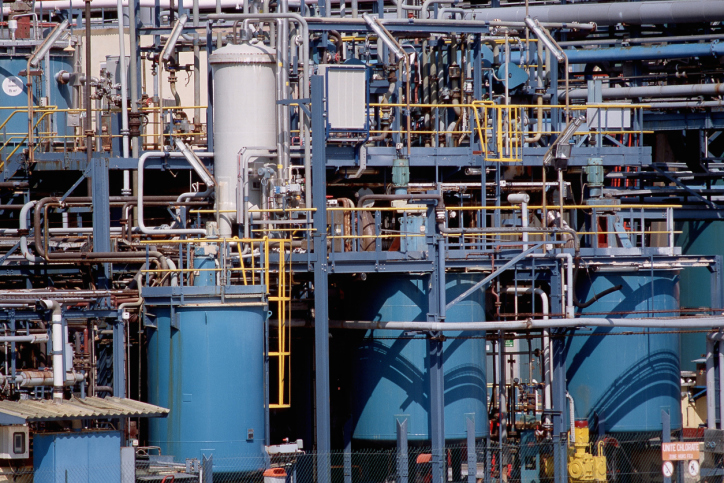
The data was reported today by AAA, and the organization’s spokesman said:
Most drivers are paying the lowest gas prices in more than eight months due to abundant gasoline supplies, the end of the summer driving season, lower oil costs and the switchover to winter-blend gasoline. Supply and demand is working in most consumers’ favor with consumption down and gasoline stocks more than 10 percent higher than a year ago. … Gas prices should drop another 25-30 cents per gallon to the cheapest averages of the year barring significant refinery problems or higher oil costs. Averages in as many as five to ten states could drop below $3.00 per gallon, but there is a floor to how low the national average can go given the very high cost of crude oil.
Last year between October 1 and December 20, the national average price of a gallon of gasoline fell $0.56. In October 2012 alone, the price fell $0.26 a gallon. Here is a AAA chart of gasoline prices comparing year-to-date prices for 2012 and 2013:

This is good news for consumers, and oddly enough could be better news for refiners. Energy economist Philip Verleger says in his most recent weekly newsletter that domestic U.S. crude producers will need to accept discounts to world crude prices if they want refiners to take their output. The reason is that refiners on the Gulf Coast will only pay an amount that allows them to ship crude from the storage tanks at Cushing, Okla., and refined products on to world markets at a price that still earns the refiners a profit.
Rail transportation of crude has had a big impact on U.S. refined, but the biggest factor is that U.S. demand has fallen so far, refiners must export about 1 million barrels of refined products every day, and about 80% of those exports leave from the U.S. Gulf Coast. As Verleger notes:
The divergence between WTI and Brent [crude oil prices] will at least reflect the cost of transporting light sweet crude to the Gulf and transporting products to Europe. Refiners will maintain this gap by refusing to pay more.
The largest U.S. refiners on the Gulf Coast are Valero Corp. (NYSE: VLO), Exxon Mobil Corp. (NYSE: XOM), BP PLC (NYSE: BP), Marathon Petroleum Corp. (NYSE: MPC) and Motiva, a joint venture between Royal Dutch Shell PLC (NYSE: RDS-A) and Venezuela’s PdVSA. For now, at least, they and U.S. consumers look to be on the verge of getting a nice holiday bonus.
The Average American Has No Idea How Much Money You Can Make Today (Sponsor)
The last few years made people forget how much banks and CD’s can pay. Meanwhile, interest rates have spiked and many can afford to pay you much more, but most are keeping yields low and hoping you won’t notice.
But there is good news. To win qualified customers, some accounts are paying almost 10x the national average! That’s an incredible way to keep your money safe and earn more at the same time. Our top pick for high yield savings accounts includes other benefits as well. You can earn up to 3.80% with a Checking & Savings Account today Sign up and get up to $300 with direct deposit. No account fees. FDIC Insured.
Click here to see how much more you could be earning on your savings today. It takes just a few minutes to open an account to make your money work for you.
Our top pick for high yield savings accounts includes other benefits as well. You can earn up to 4.00% with a Checking & Savings Account from Sofi. Sign up and get up to $300 with direct deposit. No account fees. FDIC Insured.
Thank you for reading! Have some feedback for us?
Contact the 24/7 Wall St. editorial team.




